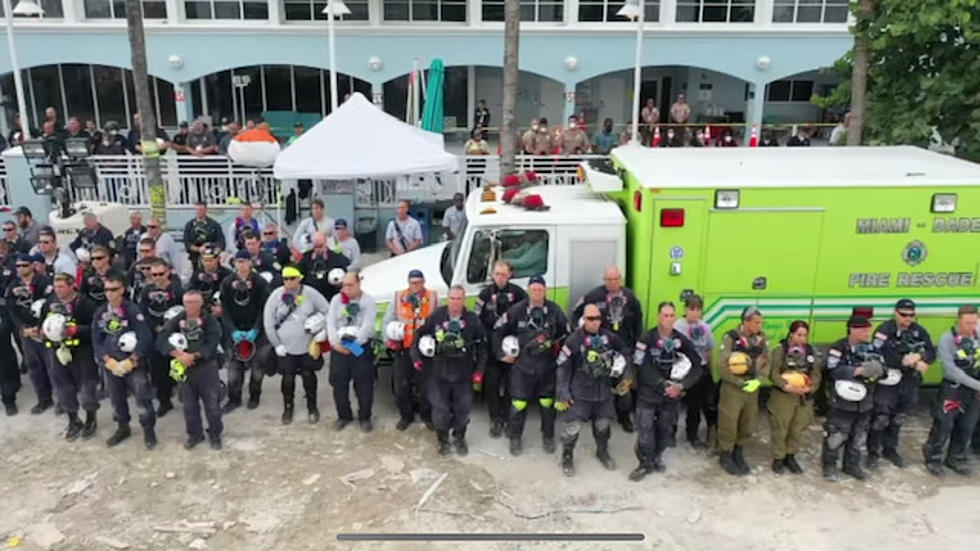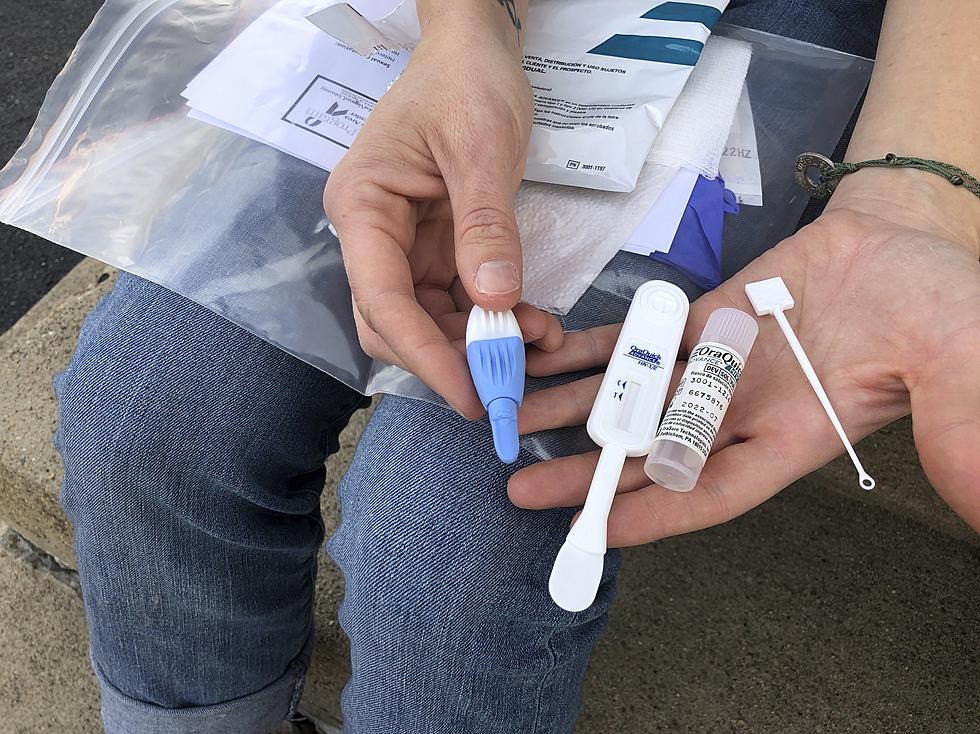
Lawmakers: NJ funds should help counties plan for natural disasters
A bipartisan group of senators wants the state to start providing money to counties to help them prepare to manage emergencies.
Senate President Stephen Sweeney didn’t specify how much grant money would be provided. He said that would be determined in the state’s annual budgets.
“Every dollar that we put in to being prepared for storms is going to be well-rewarded. We learned that from Sandy a few years ago,” said Sweeney, D-Gloucester.
A copy of the bill wasn’t available. The plan calls for annual aid to counties through the Department of Law and Public Safety, based upon counties’ risk exposure to natural disasters. The counties most at risk to storm damage would get the majority of the money.
In addition to Sweeney, the proposal is being sponsored by Sen. Paul Sarlo, D-Bergen, Sen. Robert Singer, R-Ocean, and Sen. Joseph Vitale, D-Middlesex. Sweeney said it would move quickly in the Senate, which begins its fall schedule next week.
“The key to this is being prepared for the next storm, which is going to happen. With sea temperatures rising, the frequency of those storms and the power of those storms are much greater,” Vitale said.
The money would be used for a variety of storm preparations including purchasing supplies, maintaining equipment and staging for rescue operations. Michael Oppegaard, emergency management coordinator for Monmouth County, said the money could help expand options for sheltering during an evacuation.
Emergency management offices are generally funded through the county budgets, meaning though county property taxes. Money is tight, given the 2 percent tax cap, so the money might allow counties to avoid cuts to current spending if not spend more on preparations.
“Atlantic County has suffered significantly, like the other coastal counties throughout New Jersey. So this legislation is not only logical, it is welcomed. And we could definitely use the money for the planning,” said Atlantic County Freeholder Chairman Frank Formica.
“Everybody is scraping dollars. We this year are going to possibly have four furlough days, meaning that 1,200 employees may lose a week’s worth of pay. But if we had some refunding money on some of our departments, we may be able to avoid that in the future,” Formica said.
Vince Jones, director of the Atlantic County Office of Emergency Management, said the hardest thing to do in terms of emergency planning is get people engaged and prepared.
“We have to engage the citizens, the residents and the visitors. We have a lot of coastal communities that are the visitor population. They’re here when these storms happen. They, too, have to take ownership. They have to be prepared. And we need to focus in those areas,” Jones said.
“It’s getting a little bit tighter, a little bit tighter, a little bit tighter,” he said of county budgets. “So for us to get out and address the public, prepare the public, make them understand that they have to go, it makes it more difficult. This is going to open up an area where we can go out and do that and do it properly.”
Sweeney said the aid wouldn’t be limited to coastal counties. He said if a levee in his home county, Gloucester, were to fail, an area stretching from the Delaware River nearly halfway across the state in Glassboro would be under 8 feet of water.
“Obviously the coastal counties have greater hazards, but this is emergency management, which – every county has a different story. If an earthquake or a tornado hit somewhere else, just because it’s not on the coastal area doesn’t mean it doesn’t have a need,” Sweeney said.
More from New Jersey 101.5:
More From New Jersey 101.5 FM









